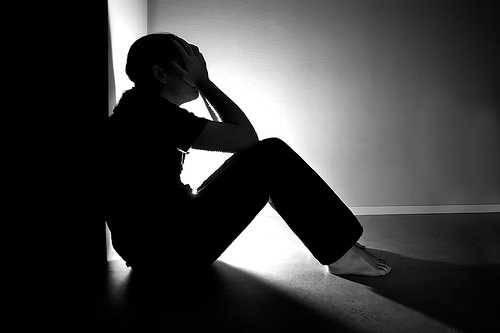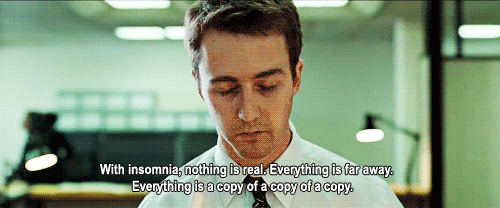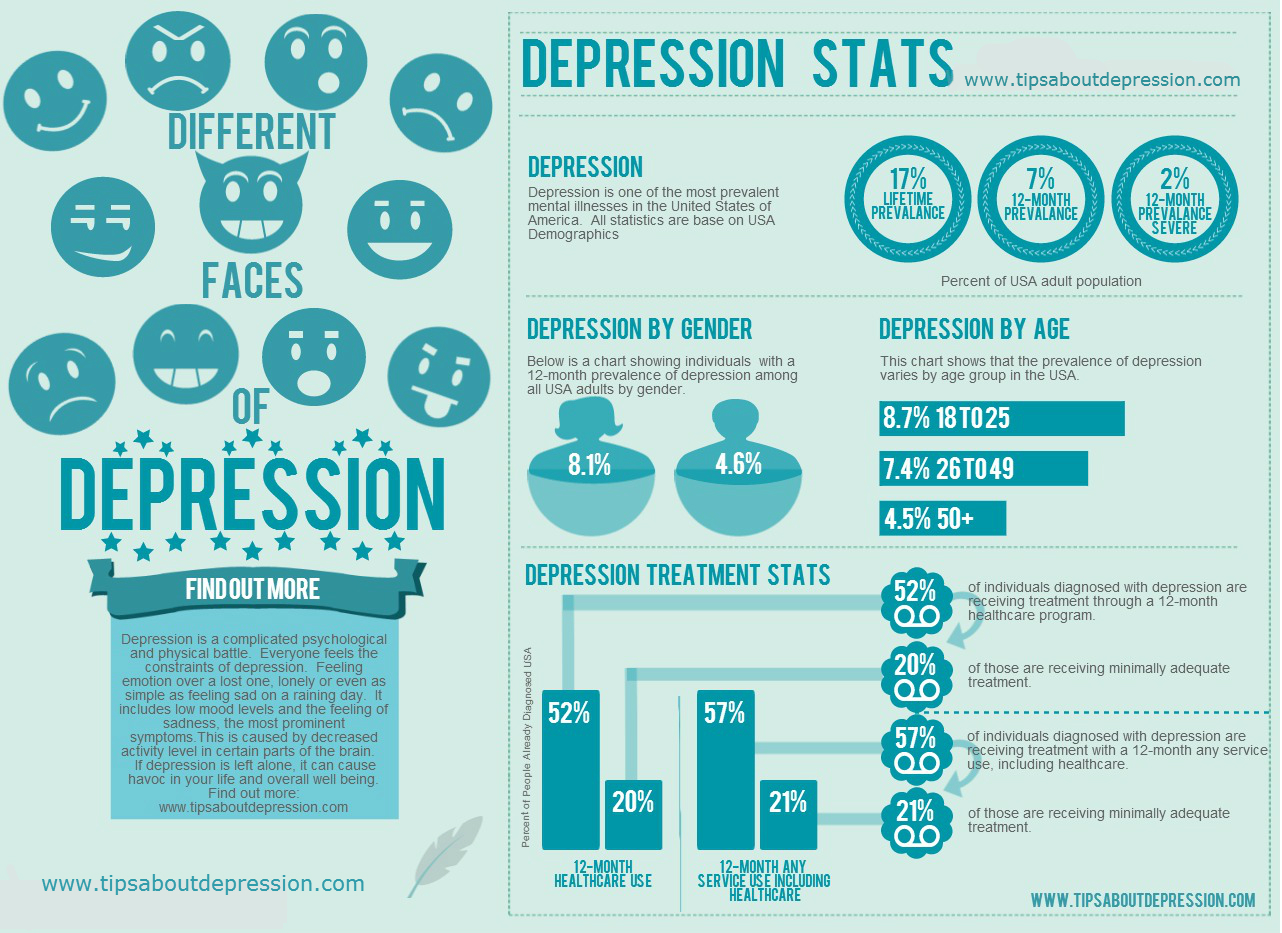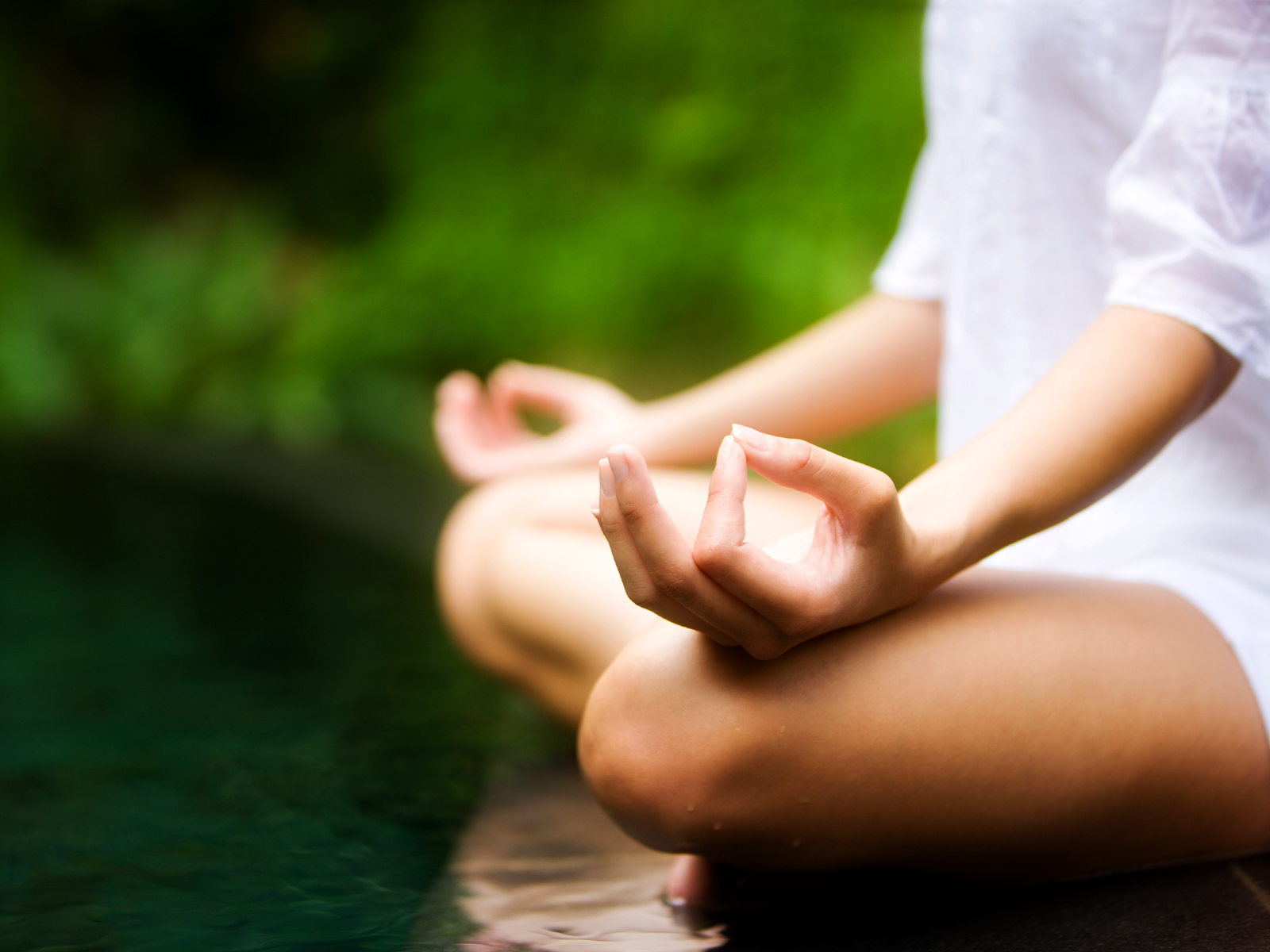What We Need To Understand About Depression
Depression is not something that can be categorised easily. Here's what you need to know and how you can help people who suffers from depression.
Robin William's death recently came as a shock to many and once again highlighted the deeper need to understand depression
According to Wikipedia, depression is a situation or state where a person has a low mood and may lose interest in everyday activities
People suffering from depression has low interest in participating in everyday activities.
Image via psychcentral.comDepression is a state of low mood and aversion to activity that can affect a person's thoughts, behavior, feelings and sense of well-being. Depressed people can feel sad, anxious, empty, hopeless, worried, helpless, worthless, guilty, irritable, hurt, or restless. They may lose interest in activities that once were pleasurable, experience loss of appetite or overeating, have problems concentrating, remembering details, or making decisions, and may contemplate, attempt, or commit suicide.
A key sign of depression is either depressed mood or loss of interest in activities you once enjoyed. For a diagnosis of depression, these signs should be present most of the day either daily or nearly daily for at least two weeks. In addition, the depressive symptoms need to cause clinically significant distress or impairment.
Clinical depression is more than just the "blues," being "down in the dumps," or experiencing temporary feelings of sadness we all have from time to time in our lives. It is a serious condition that affects a person's mind and body. It impacts all aspects of everyday life including eating, sleeping, working, relationships, and how a person thinks about himself/herself.
People suffering from depression may also have trouble sleeping, eating and may feel aches and pains all over the body
According to the National Institute of Mental Health, people with depressive illnesses don't all experience the same symptoms. How severe they are, how frequent, and how long they last will vary depending on the individual and his or her particular illness
Insomnia, excessive sleeping, fatigue, loss of energy, or aches, pains, or digestive problems may also be present.
It is important to note that depression is NOT a sign of weakness nor a condition that can "go away"
"It took me years to even be able to acknowledge that I mattered and realize that people cared about me. There is nothing more frustrating than someone who says they are clinically depressed because they are feeling sad that day. It devalues the struggle I and so many others have endured. And to all of the incredibly ignorant people out there who think just because someone has a nice family, cushy home and pretty belongings does not mean they can't be depressed -- they lack the chemical serotonin in their brain."
Depression isn’t an indication of personal weakness, nor is it a character flaw.
aboutdepressionfacts.comBesides that, it is also a myth that depression only affects emotional people. Depression is a real problem and can happen to anybody regardless of race, gender and status.
No two people’s depressions are the same. But his death shows once more that depression is no respecter of class, race, profession, wealth or talent.
Depression affects people of all ages, backgrounds and races, not just people with previous emotional troubles. Stress and trauma often contribute to depression.
thehelpfulcounselor.comThere is no single cause of depression, and people develop depression for different reasons. Depression has many different triggers.
There is no single cause of depression, and people develop depression for different reasons. Depression has many different triggers.
Nobody is sure what causes depression. Experts say depression is caused by a combination of factors, such as the person's genes, their biochemical environment, personal experience and psychological factors. The Stanford School of Medicine says that genes do play a role in causing depression. By studying cases of major depression among identical twins (whose genes are 100% identical) and non-identical twins (whose genes are 50% identical) they found that heritability is a major contributory factor in the risk of developing depression.
Life events and changes that may precipitate depressed mood include childbirth, menopause, financial difficulties, job problems, a medical diagnosis (cancer, HIV, etc.), bullying, loss of a loved one, natural disasters, social isolation, relationship troubles, jealousy, separation, and catastrophic injury. Unequal parental treatment is also a risk factor.
Drug and alcohol use can both lead to and result from depression. Many people with depression also have drug and alcohol problems. Over 500,000 Australians will experience depression and a substance use disorder at the same time, at some point in their lives.
beyondblue.org.auIt is estimated that 350 million people around the world suffer from depression. In Malaysia, 9% of the population suffer from the illness.
Depression is a common illness worldwide, with an estimated 350 million people affected. Depression is different from usual mood fluctuations and short-lived emotional responses to challenges in everyday life.
Malaysia, in her stride towards a developed nation, has also not been spared. Higher level of stressors have led to a higher incidence of depression. Records indicate that about 9% of Malaysians suffer from major depression. Similar to global data, depression is also the fourth most disabling disease in Malaysia, ranking third for women and 10th for men .
thestar.com.myThere is no single cure that helps people recover from depression. However, there is a selection of effective treatments and health experts who can help people on the road to recovery.
The aim of an antidepressant is to stabilize and normalize the neurotransmitters in our brain (naturally occurring brain chemicals), such as serotonin, dopamine, and norepeniphrine. According to various studies, these neurotransmitters play a vital role in regulating mood. We know they regulate mood, but we are not exactly sure how they do it.
Psychotherapy. Several types of psychotherapy have been shown to be effective for
depression, including cognitive behavioral therapy (CBT) and interpersonal therapy
(IPT). Support groups offer opportunities to share frustrations and successes, referrals
to specialists and community resources, and information about what works best
when trying to recover. Research has shown that mild to moderate depression can
often be treated successfully with either medication or psychotherapy alone but that
both together are often more helpful. Severe depression appears more likely to
respond to a combination of medication and psychotherapy
When medication fails to ease the symptoms of clinical depression, there are other options to try. Brain stimulation techniques such as electroconvulsive therapy (ECT), for example, can be used to treat major depression that hasn't responded to standard treatments.
Changes in lifestyle such as healthy eating, exercising and meditation can also assist in battling depression
Meditation is one of the lifestyle strategies one can take to improve depressed mood.
Image via yogaloft.com.auLifestyle strategies that may improve depressed mood include wake therapy, light therapy, eating a healthy diet, meditation, exercise, and smoking cessation.
Exercise helps prevent and improve a number of health problems, including high blood pressure, diabetes and arthritis. Research on anxiety, depression and exercise shows that the psychological and physical benefits of exercise can also help reduce anxiety and improve mood.
 mayoclinic.org
mayoclinic.org





